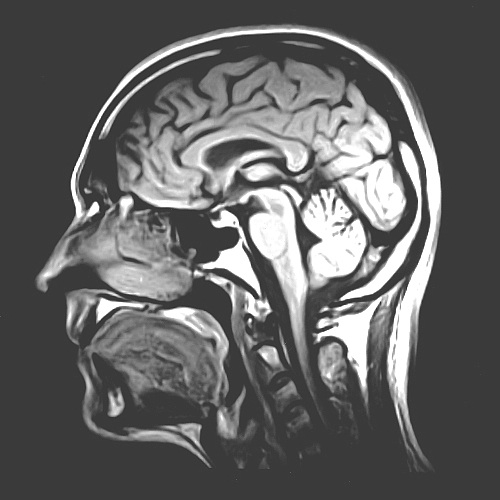Brain-Mapping Project’s Vision Coming into Focus

An ambitious, federally funded research initiative aimed at developing the technologies needed to map the human brain is still in its planning stages, but it has the potential to completely transform the field of neuroscience, government health officials say.
The $100 million BRAIN Initiative (short for Brain Research through Advancing Innovative Neurotechnologies) is slated to begin in 2014, and will be led by the National Institutes of Health (NIH), the Defense Advanced Research Projects Agency (DARPA) and the National Science Foundation (NSF).
The project is part of a bigger effort to solve some of the greatest mysteries of the brain, said Thomas Insel, director of the National Institute of Mental Health, a division of the NIH.
"We don't have the fundamental understanding of the brain that we do of the heart, kidney or the lungs," Insel told LiveScience. "Our hope is that by having a new tool kit, we'll be able to understand this very complicated organ at a level that we understand other organ systems." [Inside the Brain: A Journey Through Time]
Insel is lead author of an editorial about the BRAIN Initiative that was published May 9 in the journal Science. The piece outlines the NIH's vision for the project, including how the initiative's main goals will be decided.
Where to start?
To begin, the NIH established a 15-person advisory committee to map out the initiative's top priorities, identify opportunities for collaboration, and deliver recommendations for the project's timeline, milestones and cost.
Get the world’s most fascinating discoveries delivered straight to your inbox.
President Barack Obama announced the BRAIN Initiative on April 2. Understanding the brain's structure and functions, he said, will give scientists new insights into the workings of individual brain cells and complex neural circuits.
The BRAIN Initiative frequently draws comparisons to the Human Genome Project, an international effort to identify and map all the genes of human beings, and determine the sequences of the 3 billion chemical base pairs that make up human DNA. The 13-year project was completed in 2003.
Insel acknowledged the similarities between the two projects but said mapping the brain will be much more complicated.
"The Human Genome Project was a linear map with clear end points," Insel explained. "We don't know what the boundaries are for brain mapping, and we don't really know where it will end."
Plenty of benefits
Along the way, however, the research could lead to more accurate diagnoses and better treatment options for people who suffer from brain disorders.
"It will give us the tools to have a bigger impact on treating brain disorders," Insel said. "We have great unmet medical needs, from brain disorders at the beginning of life, to Alzheimer's at the end of life, with many, many illnesses in between."
The overview provided by Insel and his colleagues at the NIH represents a step in the right direction, said Donald Stein, a neuroscientist at Emory University in Atlanta. Stein was an early critic of the BRAIN Initiative, but said the editorial published in Science answered many of his concerns about the project.
"Like any scientific endeavor, they have a set of assumptions and a scientific paradigm which drives their view," of what can be accomplished, Stein told LiveScience. "Not everyone may agree with the underlying assumptions of their paradigm, but that's true for any area of science and, for that matter, virtually any area of intellectual query."
He added that the advisory committee's plan to open up its recommendations to debate and input from others in the scientific community is "exactly the right thing to do."
"Time will tell if the approach they are taking will work…as is the case for any scientific research,” Stein said. “I very much hope that the consortium will succeed in all respects."
Follow Denise Chow on Twitter @denisechow. Follow LiveScience @livescience, Facebook & Google+. Original article on LiveScience.com.

Denise Chow was the assistant managing editor at Live Science before moving to NBC News as a science reporter, where she focuses on general science and climate change. Before joining the Live Science team in 2013, she spent two years as a staff writer for Space.com, writing about rocket launches and covering NASA's final three space shuttle missions. A Canadian transplant, Denise has a bachelor's degree from the University of Toronto, and a master's degree in journalism from New York University.


